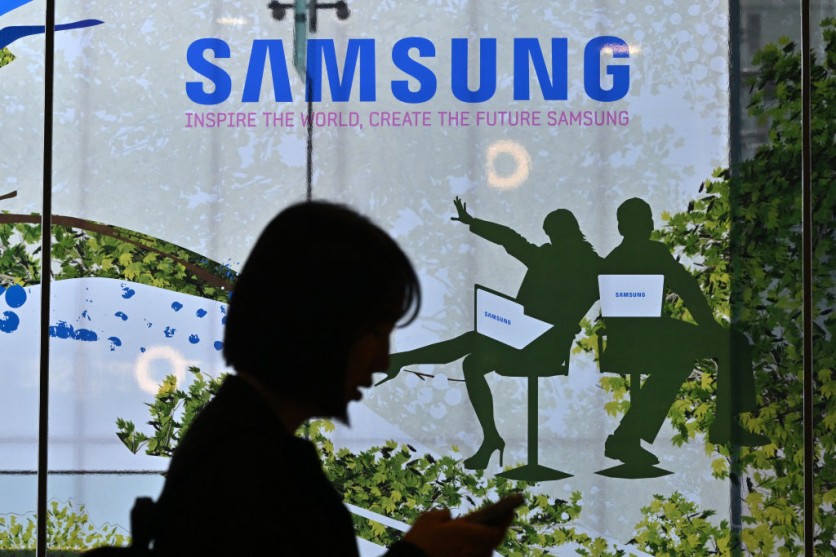Samsung reportedly accidentally revealed its plans for a RISC-V CPU/AI accelerator during an ISC conference presentation. This accelerator could be designed as a direct competitor to the H-series GPU of the leading AI chip manufacturer, Nvidia.
The mishap occurred during a Unified Acceleration Foundation event titled "Unlocking the Next 35 Years of Software for HPC and AI," which included a reference to a Samsung "RISC-V CPU/AI accelerator."

This has led to conjecture on the South Korean tech giant's intentions to incorporate RISC-V architecture into its next technologies, particularly its Mach-1 AI accelerator processor, which is set for release in the first half of 2025.
Samsung is a Unified Acceleration Foundation (UXL) steering committee member. In other words, UXL creates software to improve AI accelerators that are alternatives to Nvidia's CUDA and do not utilize Nvidia's GPUs.
Read Also : New Samsung Galaxy S25 Lineup Will Boast Snapdragon 8 Gen 4 Processors Worldwide, Kuo Says
Samsung's Mach-1 AI Chip
On March 25, Samsung formally unveiled its artificial intelligence processor, Mach-1. Samsung has talked a lot about memory processing.
Science and artificial intelligence applications can benefit from bandwidth-saving computing close to or inside memory. According to reports, Samsung is about to unleash the Mach-1 AI accelerator, which a $752 million order from South Korean internet giant Naver has already placed.
The AI chip has been established for an early 2025 release date. It will be introduced after going into production by year's end. Edge applications with low power consumption requirements are anticipated to be its target market.
The statement was made at the 55th regular shareholders' meeting of the company. According to Samsung Semiconductor CEO Kye Hyun Kyung, the technology validation of the chip design using FPGAs was completed, and the SoC was almost finished.
The bottleneck issues that present AI accelerators face when moving data between the GPU and RAM are reportedly going to be resolved by the Mach-1 accelerator. It is supposed to handle AI inference tasks. This usually results from slower data transfer rates and decreased power efficiency.
RISC-V Prominence
The open-standard instruction set architecture RISC-V is gaining popularity quickly because it enables any developer to create processors without paying expensive licensing costs.
Although few details are available, sources claim that Samsung's memory-based chip may contain a low-performance RISC-V CPU designed to execute particular tasks specified by software kit functions.
As a result, reports claim that would make sense given what is known about the Mach-1 and that RISC-V is not as performant as Intel's x86 CPUs.
RISC-V microcontrollers are already used in many hardware products by companies like Apple and Nvidia. Additionally, as part of a larger industry trend towards diversification and independence from proprietary technologies, nations like Europe, China, and Russia are working on their sovereign chips based on RISC-V CPUs.
Related Article: Samsung Profits Increase After Riding AI Demand on Chips

![Apple Watch Series 10 [GPS 42mm]](https://d.techtimes.com/en/full/453899/apple-watch-series-10-gps-42mm.jpg?w=184&h=103&f=9fb3c2ea2db928c663d1d2eadbcb3e52)



